 Though not as noticeable as Retweets or Lists, Twitter has stopped asking users the completely uninteresting question, “What are you doing?”
Though not as noticeable as Retweets or Lists, Twitter has stopped asking users the completely uninteresting question, “What are you doing?”
Instead, the social messaging service now asks, “What’s happening?” It’s a simple alteration that could help point new users in a different, less mundane direction. Or, in the words of Twitter co-founder Biz Stone, “maybe it’ll make it easier to explain to your dad.”
Twitter is catching up to its users, who in large part abandoned the literal description of their activities long ago. My feed might not be an indication of everyone else’s, but looking at the last 40 tweets in my timeline, only six are descriptions of what the person is up to. Stone has noticed the same thing. “Between those cups of coffee, people are witnessing accidents, organizing events, sharing links, breaking news, reporting stuff their dad says, and so much more,” he writes.
I wish Twitter had picked up on this shift sooner, because I think a lot of people missed the point of the service during its rise to the mainstream this year. After Twitter traffic ramped up sharply from February to April, it took an 8 percent dive in October, according to comscore. Anecdotally, I’ve got a lot of professional contacts and colleagues using Twitter in cool ways, but my actual friends tend to broadcast their activities a few times, get bored, and quit.
Some companies have missed the boat, too. Look at the integration of Twitter into Xbox Live and the launch of TwitterPeek, a bare-bones tweeting device. Neither are well-suited to what Twitter has become, because you can’t upload photos or look at videos, and TwitterPeek has a minimal Web browser while the Xbox 360 doesn’t have one at all. Users of these tools are pushed towards a “What are you doing?” mentality, and they’ll get tired of it.
Harry has said there’s no right or wrong way to use Twitter, but hopefully this small change in wording will steer people towards a usage that they’ll actually enjoy.



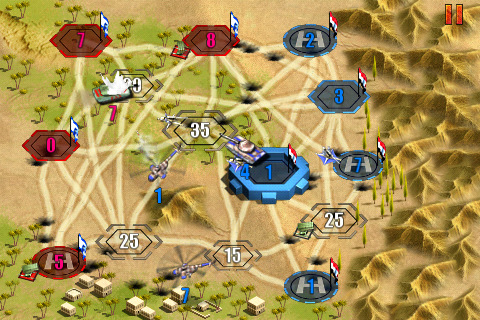 Supposedly fed up with “the tide of fake App Store reviews,” iPhone game developer G5 entertainment wants your honest opinion, and plans to get it by giving away free games.
Supposedly fed up with “the tide of fake App Store reviews,” iPhone game developer G5 entertainment wants your honest opinion, and plans to get it by giving away free games.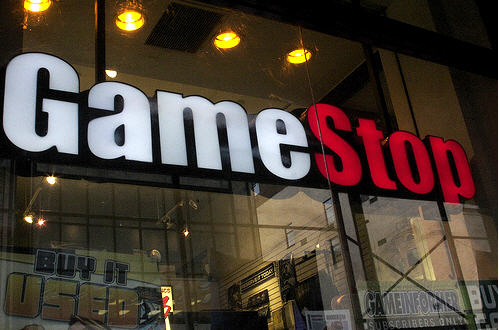 GameStop’s tentacles are wrapped pretty tightly around most of the games industry, the exception being downloadable content that’s sold after a game is released.
GameStop’s tentacles are wrapped pretty tightly around most of the games industry, the exception being downloadable content that’s sold after a game is released. If you’ve ever been to Disney World or Disneyland, particularly at a young age, chances are you’ll view any news about the theme parks through a lens of nostalgia.
If you’ve ever been to Disney World or Disneyland, particularly at a young age, chances are you’ll view any news about the theme parks through a lens of nostalgia.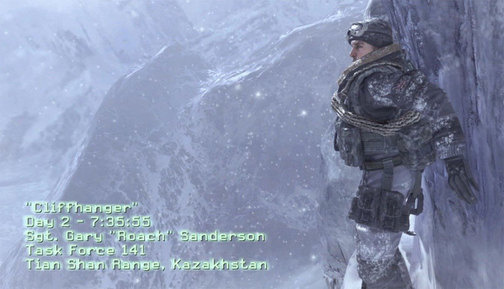 So I’ve been thinking about fulfilling my duties as a game journalist and buying Call of Duty: Modern Warfare 2, even though my plate is pretty full at the moment (I’m deep into Demon’s Souls, if you’re wondering).
So I’ve been thinking about fulfilling my duties as a game journalist and buying Call of Duty: Modern Warfare 2, even though my plate is pretty full at the moment (I’m deep into Demon’s Souls, if you’re wondering). Electronic Arts shared some good news and bad news today. First, the company acquired Facebook game maker Playfish for up to $400 million, but then EA announced that it will lay off 1,500 employees and close some of its game development studios.
Electronic Arts shared some good news and bad news today. First, the company acquired Facebook game maker Playfish for up to $400 million, but then EA announced that it will lay off 1,500 employees and close some of its game development studios.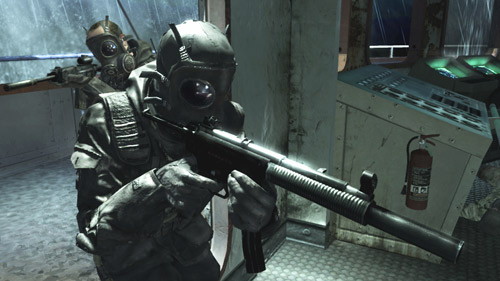 Just days before Call of Duty: Modern Warfare 2 is released, several digital retailers have
Just days before Call of Duty: Modern Warfare 2 is released, several digital retailers have 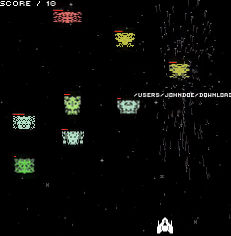 The folks at Symantec have looked right past the artistic intent behind Lose/Lose, a computer game that deletes your files every time you shoot an alien, because they’ve just classified the game as a Mac Trojan.
The folks at Symantec have looked right past the artistic intent behind Lose/Lose, a computer game that deletes your files every time you shoot an alien, because they’ve just classified the game as a Mac Trojan.